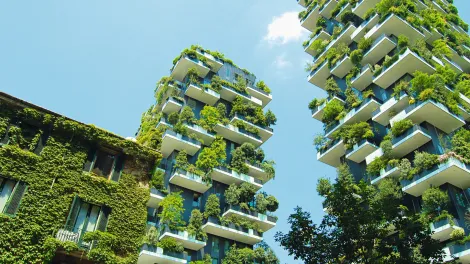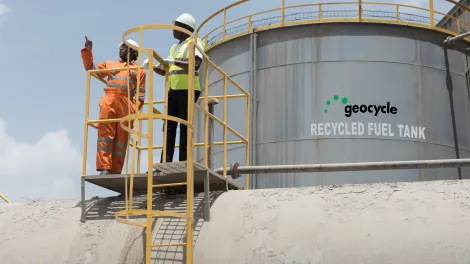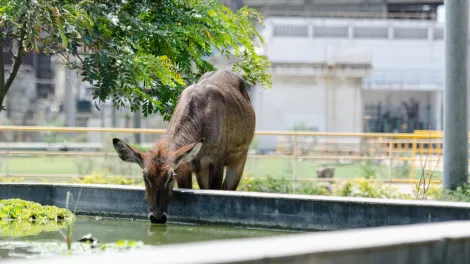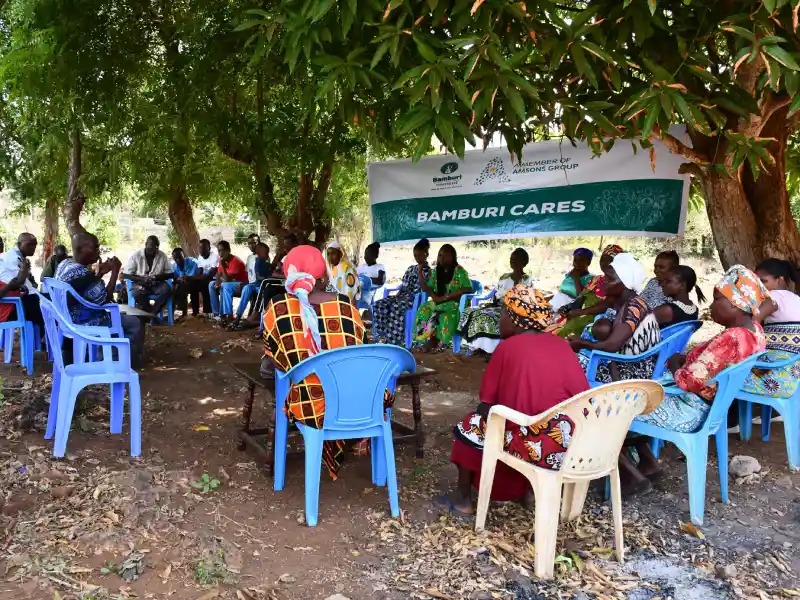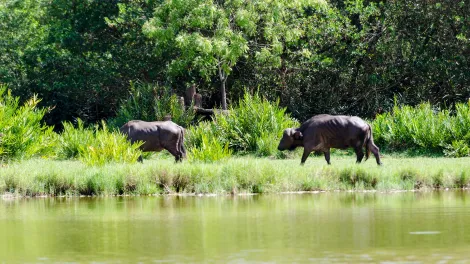Reducing our environmental footprint is a core pillar of Bamburi Cement’s sustainability agenda. Our approach to green mobility focuses on lowering scope 3 emissions through strategic initiatives, including:
- Frequent monitoring and emissions management: Ensuring we identify and address emission sources proactively.
- Increased use of rail transport: Transitioning from road to rail transport, which has a lower carbon footprint. In 2024, 30% of our raw material transport was carried out via rail, significantly reducing emissions compared to road transport.
Promoting eco-driving practices: Training our drivers in eco-driving techniques to minimize fuel consumption and emissions
Women on Wheels Programme – Empowering Women, Transforming Lives
In Kenya, women make up only 10% of the workforce in public transportation, but account for 85% of the labor in the public service vehicle sector. This is partly due to the perception that women are not as empowered or trained as males to perform as well. Additionally, some women might not be aware of the financial opportunities the transportation industry presents for them and their families. By offering training to help the women acquire the necessary skills, knowledge, and mentorship, the Women on Wheels initiative, in collaboration with Kenyan private sector entities with transport and logistical capabilities, aims to bridge this gap.
The initiative has trained 58 women in total so far, with 20% of them being employed by our transportation fleet and the remaining women obtaining commercial driving positions with other companies. Cumulatively, the initiative has provided women with life-changing income earning opportunities and a pipeline for mentorship in a comfortable learning environment. From feedback by the program partners, women drivers appear to be safer drivers than men which contributes to improved fuel consumption, less maintenance, and less vehicle wear and tear, saving expenditures in the long term.
Two of our drivers received awards at the Kenya Women in Logistics Gala Dinner. Graduates completed training in defensive driving and vehicle management.
